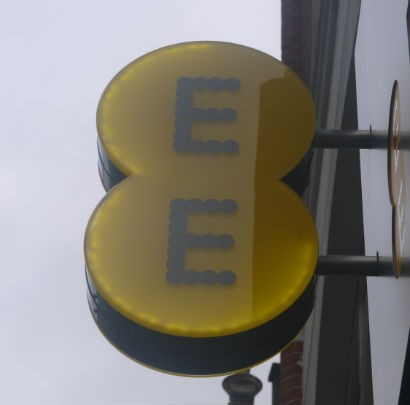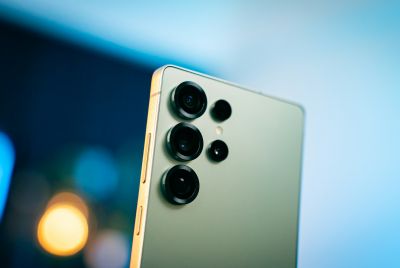Businesses and Consumers Divided Over 4G
According to contrasting surveys, three-quarters of all businesses will roll out 4G within 12 months, while almost as many consumers are put off upgrading by the high pricing.

Two contrasting surveys have been published to coincide with the launch of the UK's first 4G mobile phone network, which suggest that UK businesses will be eager to upgrade to the faster mobile network, while consumers will be put off by the high pricing of 4G tariffs.
A survey carried out by EE and global management consultancy, Arthur D. Little indicates that more than seven out of ten UK businesses will upgrade to 4G within 12 months, with Newcastle recording the strongest demand (85 percent) with London businesses at 78 percent.
This section of the report is based on an online survey of over 1,000 "UK senior business decision makers" carried out by EE in September.
The survey also looks at the impact 4G networks have had in other countries, with 76 percent of businesses in the US which use 4G, agreeing it has helped them "innovate and jump ahead of the competition."
Cutting costs
47 percent of the companies surveyed in the US said 4G had saved their companies money. Cost cuts were achieved by the introduction of 4G devices and hot-desking, then reducing office space as a result; cutting wasted employee time; and slashing print costs as documents can be more easily transferred between devices.
Martin Stiven, Vice President of Business at EE, said:
"It's unsurprising 86 percent said that now they've experienced the benefits of 4G, they wouldn't go back to 3G. We're keen that British businesses reap the same rewards, helping them become more productive, efficient and innovative. "
Not all positive
However it is not all positive reaction to the launch of EE's 4G network. A survey of Thinkbroadband readers suggests that 72 percent of consumers will be put off upgrading to 4G because of the price plans.
The option to wait and see was offered to respondents but only nine percent indicated they would wait, which suggests that if O2 and Three have similar pricing to EE when they launch in 2013, 4G may not see wide adoption among the general population.
The rollout of 4G is part of the UK's Digital Infrastructure plan, which aims to give 98 percent of the UK access to 4G. However, Andrew Ferguson, editor of Thinkbroadband believes high prices could be a barrier to widespread adoption:
"At current pricing it is very clear that most of the population would not be able to afford the service, and the usage allowances do not approach what fixed line broadband allows, where even in rural areas a 10GB usage allowance with voice line rental can be found for £27 per month."
While EE refused to tell IBTimes UK what percentage of its current T-Mobile and Orange customers it expected to upgrade to 4G, Dominic Sunnebo, global consumer insight director at Kantar Worldpanel ComTech believes it will be these customers and not those from competitors who will be mainly using the new service:
"EE is in the unique position of being the only operator currently able to offer 4G services in the UK, but how much of an impact this will have on the competitive landscape remains an unknown.
"We expect to see a significant number of early adopters on Orange and T-Mobile trading up to a 4G EE contract; however, encouraging significant switching from competitors is likely to remain challenging.
"Consumers are increasingly savvy about new technology and there are likely to be a significant number of consumers who will wait until the likes of Vodafone and O2 bring out there offerings, in the hope that prices will be driven down.Want 4G "
© Copyright IBTimes 2025. All rights reserved.





















